Third-party Projects
With externally funded projects, Helmholtz Imaging aims to initiate cross-cutting research collaborations and perform innovative research in the field of imaging and data science.
Helmholtz Imaging has secured external funding for collaborative projects, in which we contribute our knowledge and expertise on cutting-edge imaging methodology.
These projects not only facilitate the advancement of knowledge but also enrich the Helmholtz Imaging community and stimulate interdisciplinary dialogue that drives progress in the field of imaging.
Explore these exceptional and captivating research projects!
Third-party Projects – Project overview
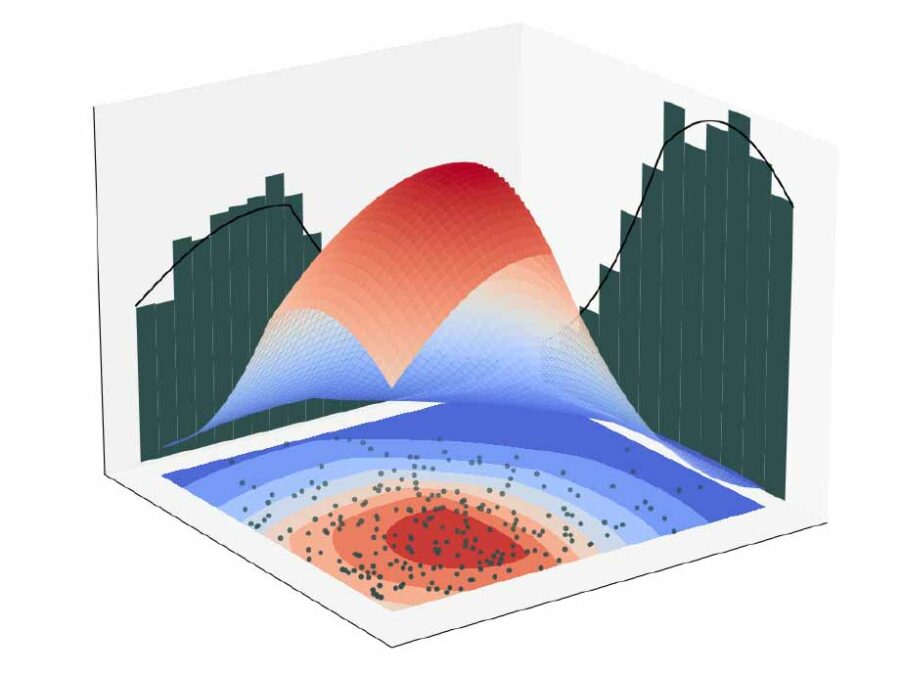
Bayesian Computations for Large-scale (Nonlinear) Inverse Problems in Imaging
During research stays with the collaborating group at Caltech, we aim to investigate various aspects of statistical inverse problems. This includes inquiries into particle- and PDE-based sampling methods, as well as robust regularization using neural networks.
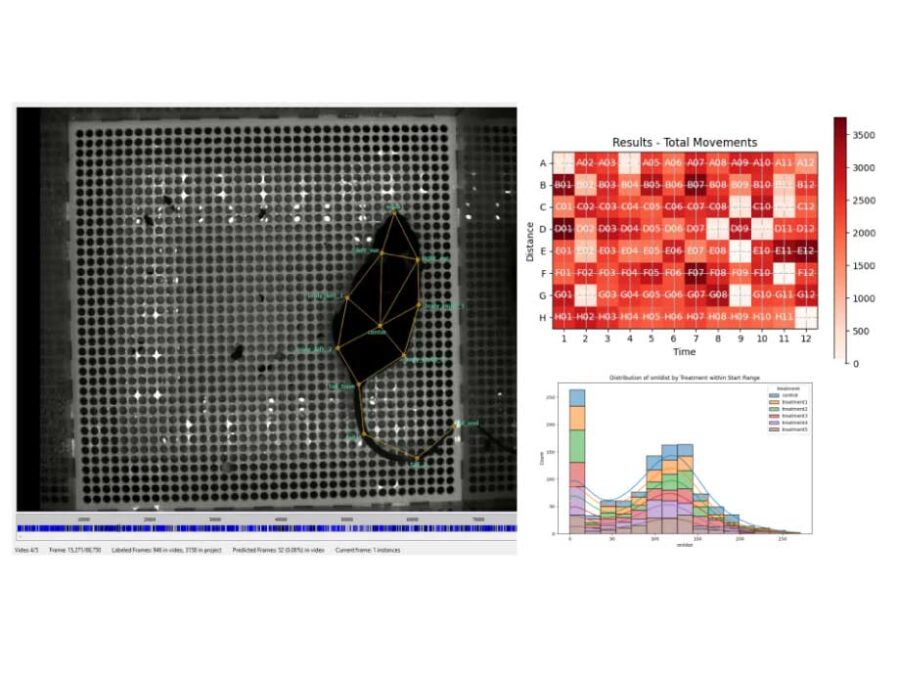
BestMeta
Behavioral Standard Metadata
Developing metadata standards and FAIR analysis pipelines for Video Tracking Assays (VTAs) in toxicology and medical sciences
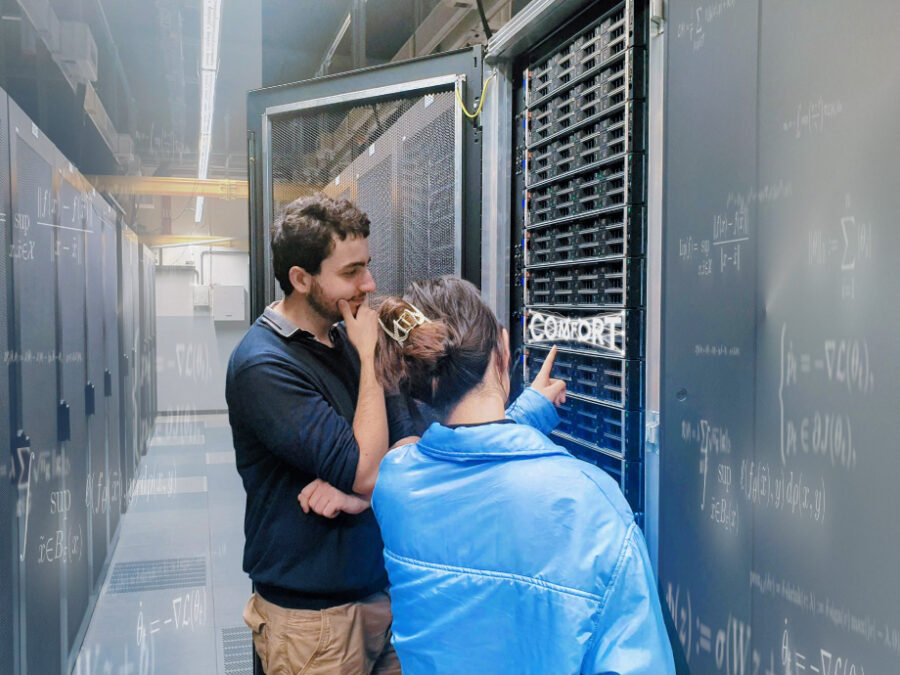
COMFORT
COMFORT aims to achieve breakthroughs in developing compact, flexible, and robust machine learning models for image, audio, and network data. In doing so, its application-oriented research program will advance the mathematical understanding of machine learning at the intersection of effectiveness and robustness.
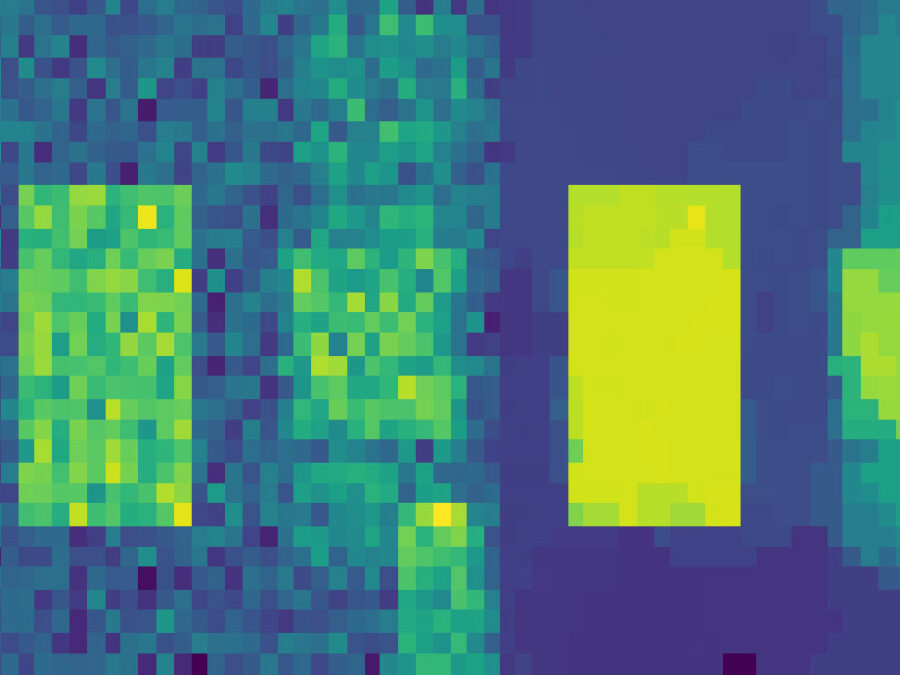
Deep Learning based Regularization for Inverse Problems
This project aims to investigate the construction of regularization methods for ill-posed inverse problems based on deep learning and their theoretical foundations. Specific objectives include the development of robust and interpretable results, requiring the initial development of new concepts of robustness and interpretability in this context.

FONDA: Dependability, Adaptability and Uncertainty Quantification for Data Analysis Workflows in Large-Scale Biomedical Image Analysis
The project aims to enhance infrastructures for machine learning (ML)-intensive DAWs in advanced biomedical imaging applications.
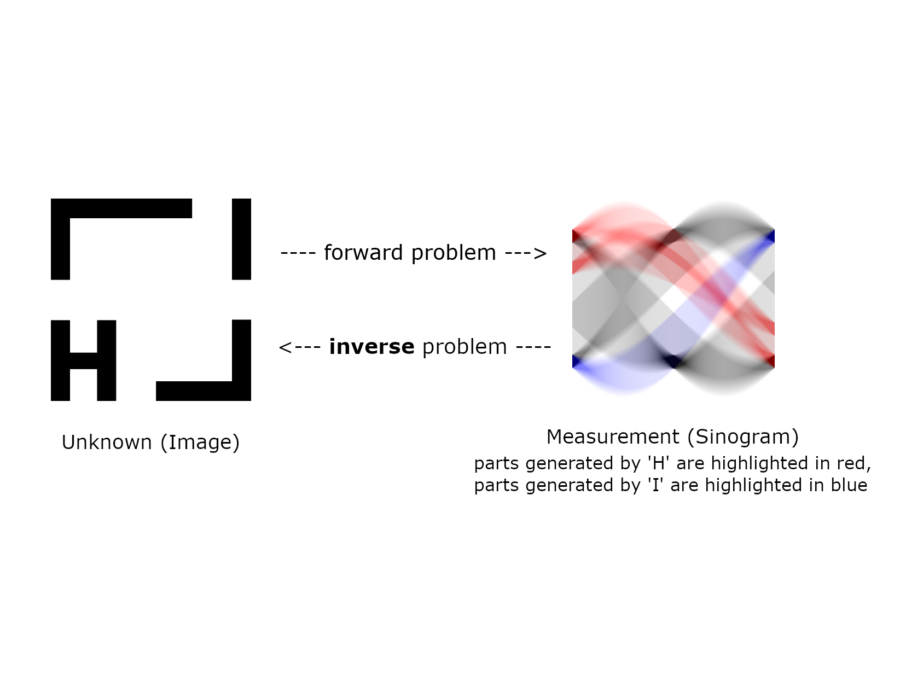
Foundations of Supervised Deep Learning for Inverse Problems
Recently, deep learning methods have excelled at various data processing tasks including the solution of ill-posed inverse problems. The goal of this project is to contribute to the theoretical foundation for truly understanding deep networks as regularization techniques which can reestablish a continuous dependence of the solution on the data.
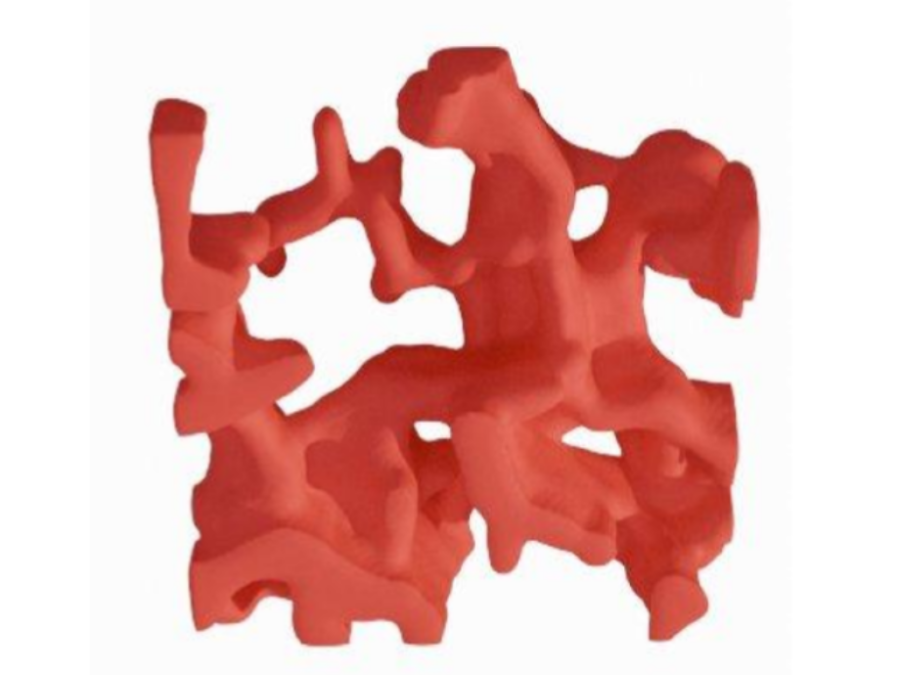
GLAM: Generative lung architecture modeling
This project is developing generative methods for designing bio-printable lung tissues across a spectrum of disease severity in the specific context of mouse and human lung disease.
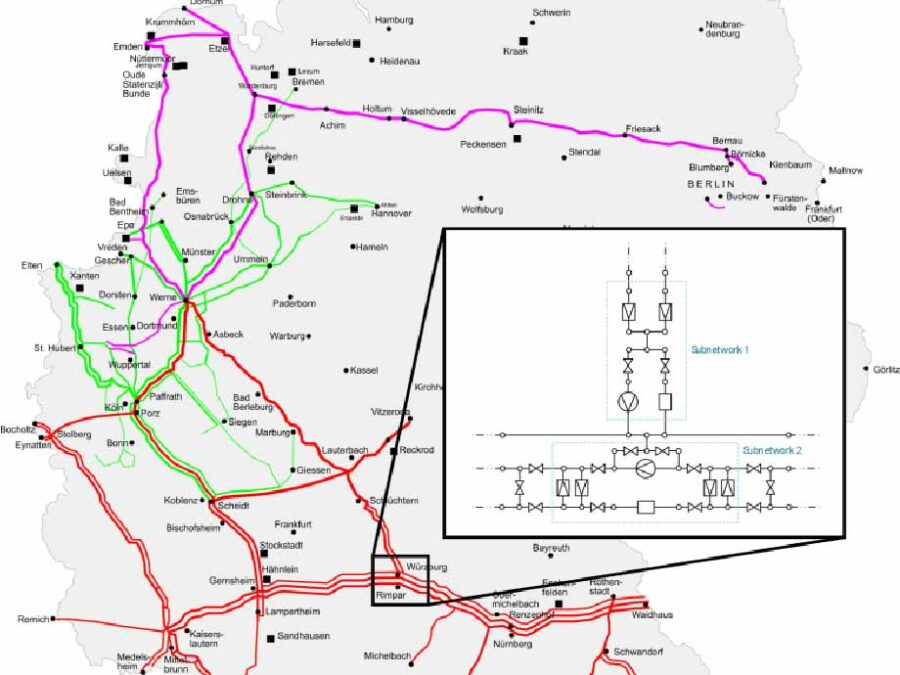
SFB Transregio 154 – C06: Transport metrics for analysis and optimization of network problems
SFB TRR 154 is a project of the German Research Foundation (DFG) and combines integer-continuous methods, model adaptation, and numerical simulation, to analyze and optimize gas markets, infrastructure, and control of networks. The third funding period specifically focuses on the transition from natural gas to hydrogen.
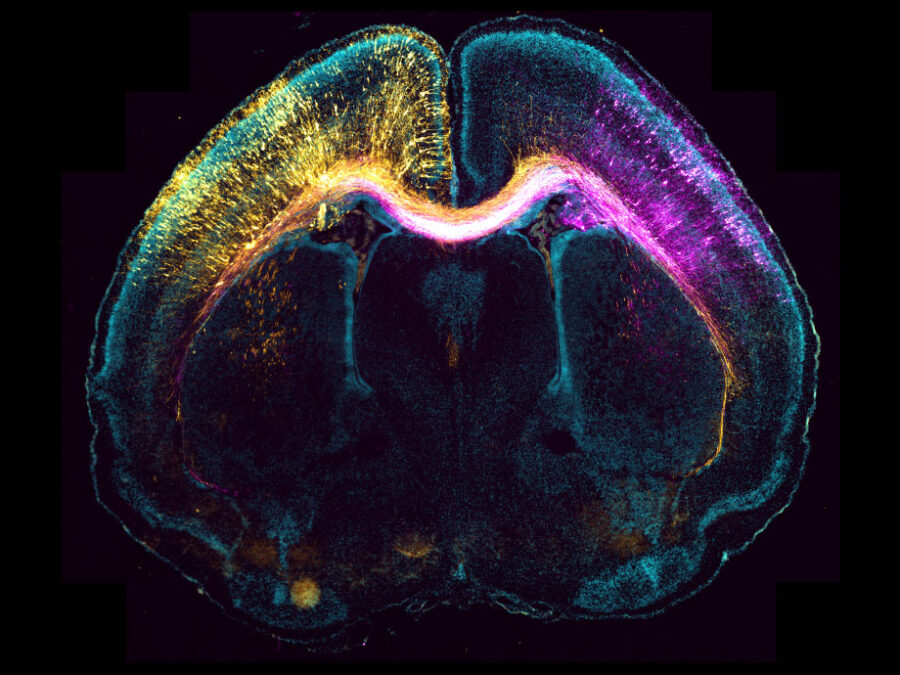
Spatio-temporal inverse approaches for EEG/MEG reconstruction of neural networks in the human brain
This project aims to develop novel methods for reconstructing brain activity from dynamic EEG and MEG measurements. By using realistic, individualized finite element models and advanced regularization techniques, including machine learning, we seek to solve this inverse problem in real patient settings, ultimately improving the diagnosis and treatment of medication-resistant focal epilepsy.
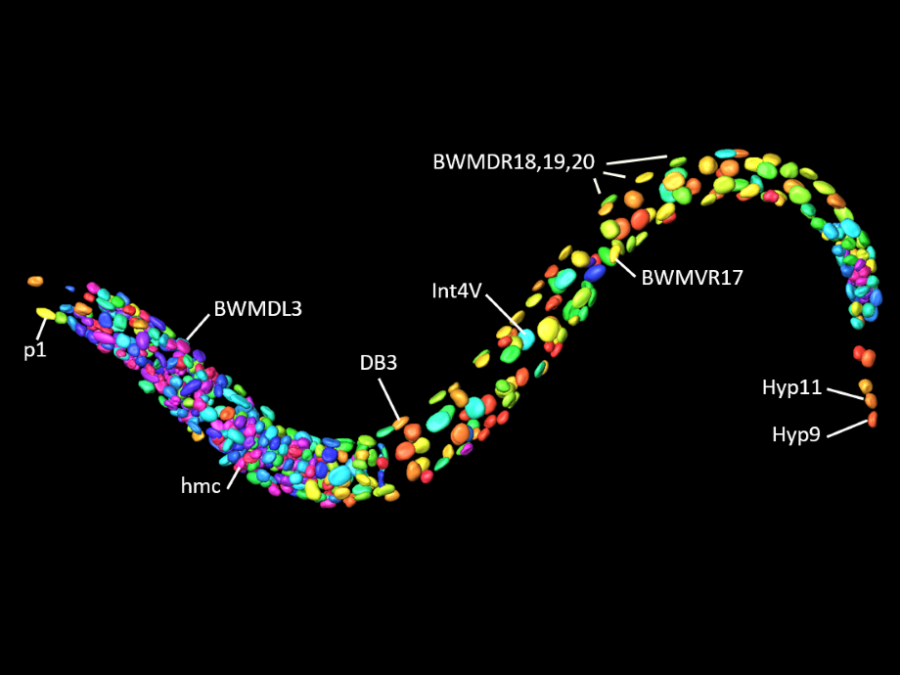
UMDISTO: Unsupervised Model Discovery
The project aims to develop novel methods for unsupervised multi-matching to map cellular-level correspondences in organisms like C. elegans.